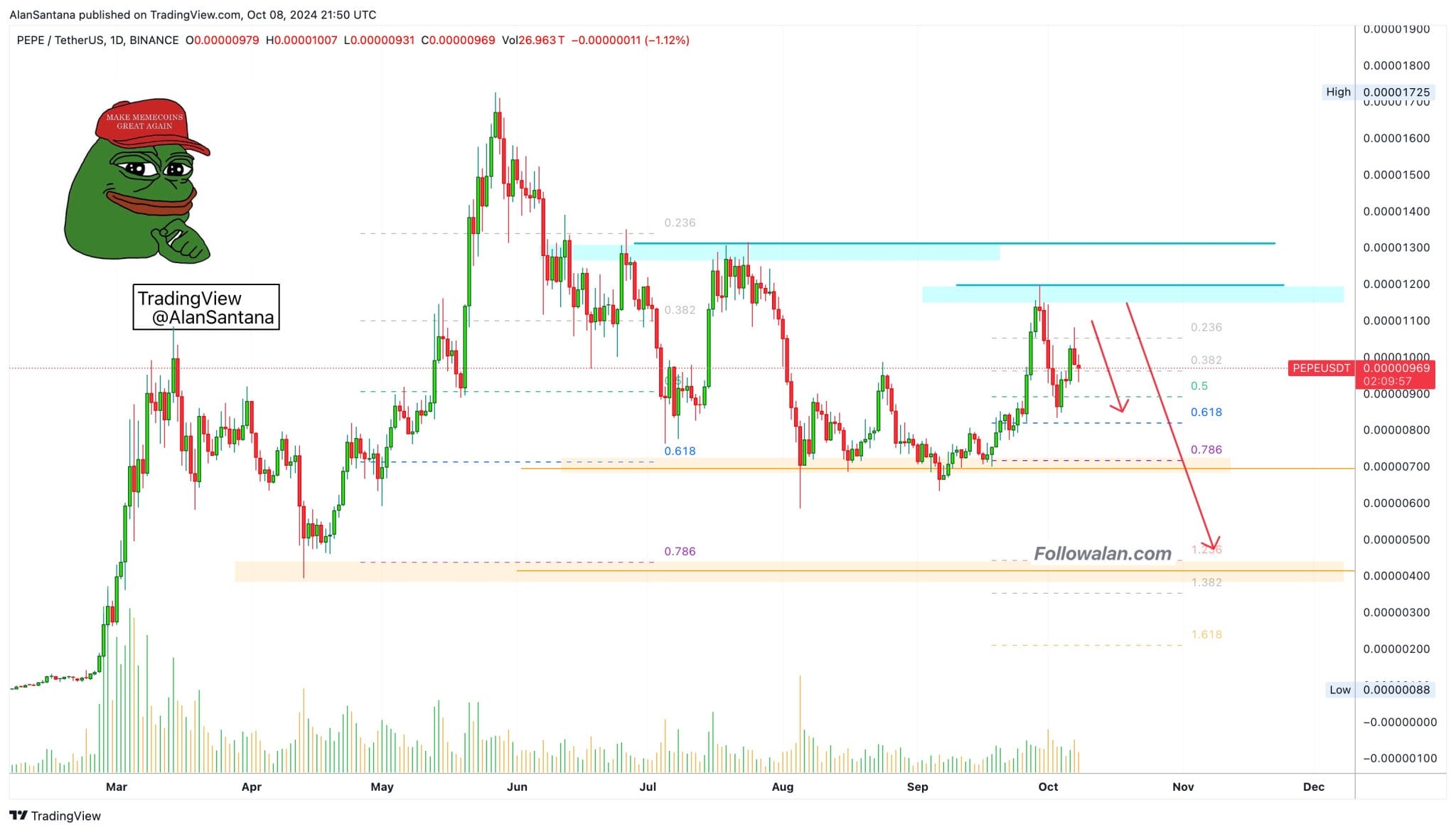Last updated:
 Why Trust Cryptonews
Why Trust Cryptonews

A report revealed that a significant number of crypto scams and failed projects originated from the US, China, and the UK. This was between January 2022 and October 2024.
US and China Lead in Failed Projects
A study by 5Money and Storible analyzed 1,544 global cryptocurrency projects within this timeframe, revealing the prevalence of crypto scams and failed projects.
The US emerged as a leading contributor, with 43% of all crypto scams linked to American founders. This is largely attributed to the sheer number of crypto ventures launched in the US as well as high-profile collapses like FTX in 2022.
China and the UK followed closely, responsible for 8% and 7% of crypto scams, respectively.
In terms of failed projects, the US also topped the list, accounting for 33% of the total. China (7.63%), the United Kingdom (7.22%), South Korea, and Singapore, each contributing over 6%, also featured prominently in the findings.
The report noted that crypto scams and failed projects often emerge in regions with rapid market growth. For instance, the US is one of the top countries with crypto ownership, and the Federal Bureau of Investigation (FBI) revealed that Americans lost $5.6 billion in crypto scams in 2023.
Russia and South Korea Show High Scam and Failure Rates
Russia had the highest scam rate, with 24% of its crypto projects deemed fraudulent.
Swiss developers followed with 22%, and Chinese developers were responsible for 20%. Other nations, like Vietnam, made the list, with 12% of its projects flagged as scams.
On the project failure side, South Korea stood out, with 59% of its crypto ventures classified as dead. Singapore followed closely at 54%, while the UK, Canada, and the Netherlands reported a 50% failure rate. Vietnam ranked sixth globally, with 42% of its projects failing.
The findings highlight the dire need for stricter global standards and regulations to reduce fraud and boost investor confidence. The Financial Conduct Authority (FCA) plans to finalize its crypto regulations by 2026 as its findings showed that one in seven adults own crypto in the UK.
Meanwhile, countries like Singapore and South Korea have already implemented rigorous consumer protection measures.
This recent report aligns with earlier research from February 2024 by AlphaQuest, which found that over 70% of crypto projects launched during the 2020–2021 bull run were dead by early 2024. The FTX collapse in late 2022 played a significant role, with 30% of projects shutting down soon after its bankruptcy.
The crypto industry had its harshest year in 2023, with 60% of failed projects being wiped out. The primary causes were low liquidity, reduced trading volume, and overall market downturns.
Cryptocurrency scams like “pig butchering” schemes are becoming increasingly common. They target unsuspecting victims through emotional manipulation and fake investment schemes.
In one instance, Daren Li, a dual citizen of China and St. Kitts and Nevis, pleaded guilty to laundering $73 million in stolen funds using a complex web of shell companies and crypto wallets.
Similarly, personal stories like Shreya Datta’s emphasize the devastating impact of these scams. Datta, a tech professional from Philadelphia, was tricked into investing $450,000 through a fake crypto app after being targeted on a dating platform.




